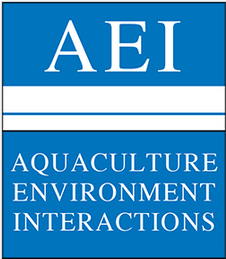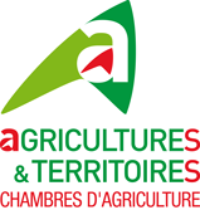Document type: opinion piece published in Aquaculture Environment Interactions
Authors: Georgia Macaulay, Luke T. Barrett, Tim Dempster*
Preview: As aquaculture expands, ensuring the sustainability of practices requires a focus on minimising environmental effects. At the same time, where fish are cultured, their welfare needs to be secured to ensure compliance with legislation and gain social acceptance of farming practices. However, clear conflicts exist between protecting the environment and protecting welfare where either environmental or welfare outcomes are traded off against each other. We document 5 cases in aquaculture where environmental sustainability and welfare principles are antagonistic. If knowledge or management of environmental sustainability or welfare is weak in a specific setting, the best outcome may not be achieved. We contend that identifying conflicts between desired environmental and welfare outcomes as early as possible will allow for knowledge-based consideration of trade-offs using the best available evidence. Further, where different departments of regulators are responsible for different outcomes, targeted collaboration focused on identifying conflicts should reduce instances of unconscious trade-offs. Reducing conflicts between the 2 goals of good welfare and environmental protection should promote both ecologically and ethically sustainable aquaculture.
Published in article form on The Fish Site on December 9, 2022: A sustainable future for aquaculture means juggling environmental and animal welfare goals






